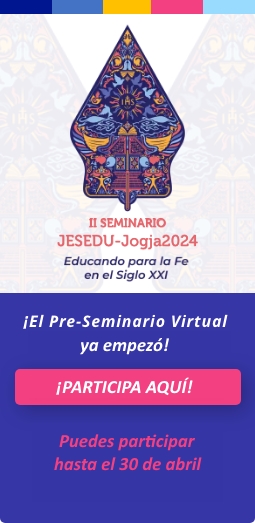The classical learning style in classrooms consisting of a presentation from the teacher unfortunately bores our students and many students are almost asleep during the learning process. In this day and age, this learning method has been recognized as being highly ineffective in building our students’ active, participative and long-term memory and knowledge. So how can we improve the learning experience for students and make classes more attractive so that the information will remain in students’ long-term memory and knowledge?
The strategy to help make our learning attractive and effective is to involve our students to feel, and enter into experiences when studying topics. These experiences consist of two categories: direct experiences and indirect experiences.
Direct experience learning, for example: in entrepreneur learning about fish cultivation, students have to feel direct experiences. The teacher and students cooperate to keep fish cultivation from when the fish is still an egg until it is ready to be sold, making sure to keep the water clean and free from pollution, and to keep the fish healthy. This experience helps our students to have long-term memories and knowledge on the topic of fish cultivation topic, as well as the skills required to cultivate fish.
Indirect experiences learning: we, as the teacher, can use articles or videos about the topic in question. For example: if we are working on the topic of the role of mass media in the progress of our nation. Firstly, the students explore, read one article and find the essential points which have correlation with the role of mass media. Secondly, the teacher provides questions to help our students learn the essential points. For example: what is the context of this article? According to the article, what is the role of mass media in the progress of our nation? What do you think will the effect be of this article being published versus if it hadn’t been published? Thirdly, our students write the answers to the teacher’s questions and communicate and share their views of the role of mass media with their peers in a small group discussion. Fourthly, every small group communicates the results of their group discussion result to the rest of the class. With this method and through these experiences, our students can understand the topic clearly, deeper, more comprehensively, and the information on the role of mass media in the progress of their nation, for example, is stored in their long-term memory.
Learning from experiences, is an effective way of learning and includes the fundamental spirit of Ignatian Pedagogy, with the cycle of experiences, reflection, action and evaluation.
Experiences in particular are fundamental in helping to make our students’ learning meaningful and effective.
Inicia sesión o Hazte miembro
para crear y ver comentarios
